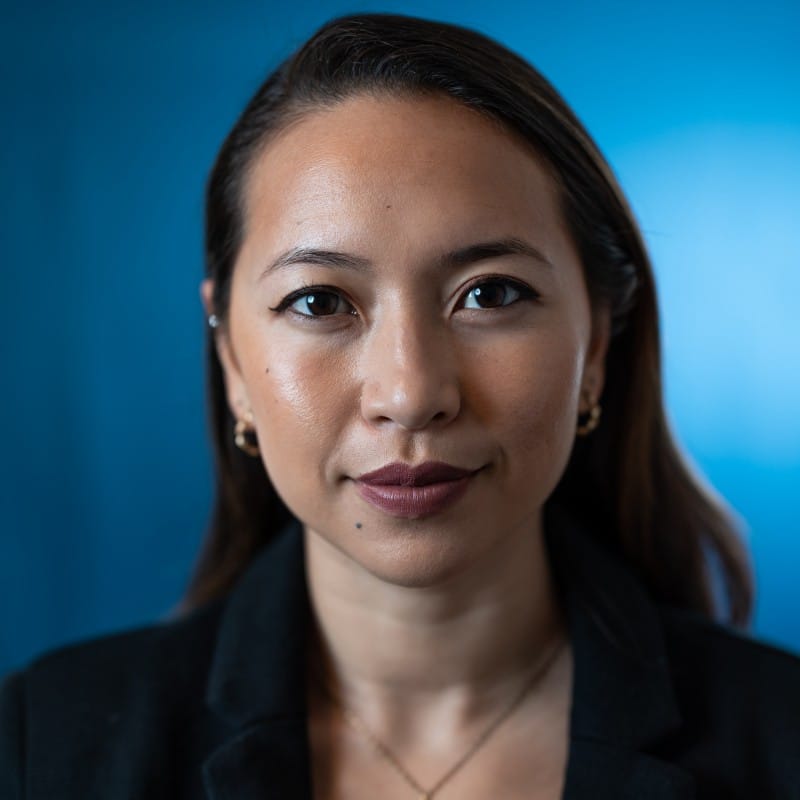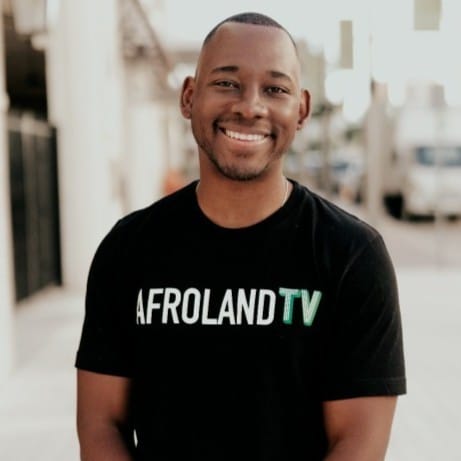The ‘Other’ Box
I’m not sure if I will ever truly choose one identity in my life.
I’m a woman of both Latin and Asian origin, who spent the first ten years of my life growing up in Brazil, the next 18 years in the United States, and have been living abroad for the last five years. At some point, you just stop trying to place yourself in a box.
And yes, we do try to place ourselves in a box and make sense of ourselves, just as others do when they first meet us.
It’s as natural as the urge for shelter and safety because this urge is about understanding where we fit in relation to everything else around us—the sense of belonging is, after all, a core part of Maslow’s Hierarchy of Needs. Understanding where we belong, and if we belong, is a critical part of life satisfaction. This task can be difficult for many reasons beyond the color of your skin or where you grew up, but it becomes even more challenging when your appearance doesn’t align with people’s ingrained preconceptions—in other words, the mental “boxes” they use to categorize you.
The Weight of Small Comments
When you’re a person of color living in the United States, and especially if you immigrated as a child, it’s not always easy to feel like an American. Sometimes it’s just little things that add up, like the time Taylor Swift was playing on the radio during a drive with some friends in college, and a white male I barely knew turned to me as he heard me sing along and said, “I didn’t know Asian people like country music.”
I mean, first of all, guy, I’m half Malaysian and half Brazilian—you could have asked instead of identifying me with an entire continent. Second, I have an American accent just like you, so there’s a strong chance I’ve never even been to Asia. And most importantly, I wouldn’t even categorize most of Taylor Swift’s songs as country music.
These little comments may seem harmless, but what they really do is create a sense of “otherness.” I thought we were all Americans in this car, enjoying American music on the radio, but after that comment, I suddenly felt like someone had plucked me out of the group. I wasn’t just an American listening to music like everyone else—I was an “Asian” living in America who, strangely, liked (not-so) country music. I was an “other.”
When We’re All ‘Others,’ We All Belong
Thankfully, college isn’t forever. Fast-forward a couple of years into my career, I find myself joining a special industry: the world of streaming technology vendors.
Like any industry, we have our challenges, but what makes ours unique is how incredibly international and interconnected it is.
We have major trade shows all over the world where we see one another a few times a year, like IBC in Amsterdam, NAB in Las Vegas, Broadcast Asia in Singapore, and SET in Brazil. I can eat Dutch Bitterballen in Amsterdam with a group of Japanese and Brazilian folks, and complain together about how we all burned our tongues after forgetting for the 19th time how hot those things are in the middle. I can drink iced coffee in a plastic bag with a straw in Singapore with Australians and Brits on our way to the trade show, while admiring how clean Singaporean streets are and debating whether chewing gum in public would really get us in trouble.
Experiencing all these cultures together not only deepens our understanding of people but also strengthens how we connect with one another. Hell, it even makes a huge difference when prospecting new business—knowing more than just the surface-level details of a person’s home country allows us to build better relationships. You can even provide better service by understanding a country’s customs and what truly matters to its viewers.
I am always grateful that my first company in this industry had offices worldwide and was home to many expats, as it exposed me to people who also felt like “others.” When we’re all an “other,” then we all have something in common.
More Than Just One Identity
It’s crazy how a job can change your life.
The streaming industry changed mine by offering me not only a fascinating and challenging job where I’ve grown professionally but also a community I consider my own. It’s a place where we can all connect through mutual goals, challenges, and aspirations—whether it’s finding the best after-show parties, complaining about the temperature in the trade show hall, getting confused together over new video codecs, or simply embracing the feeling of being a little out of place, yet bonded by our differences all the same.
So maybe I don’t have to choose one identity. Maybe I can just be the American when someone plays Sweet Caroline. I can be the Brazilian when someone brings Pão de Queijo (Brazilian cheese bread) around, the Malaysian when I eat perfectly cooked rice, and occasionally, “just the expat” when I hear about everything happening in U.S. politics.
Above all, I can most certainly be the SVTA member among my streaming industry colleagues when discussing organizations that truly and actively support diversity, equity, and inclusion.
A big thanks to SVTA for speaking up and creating a platform for all underrepresented individuals and for those of us with multiple identities searching for a place to belong.


